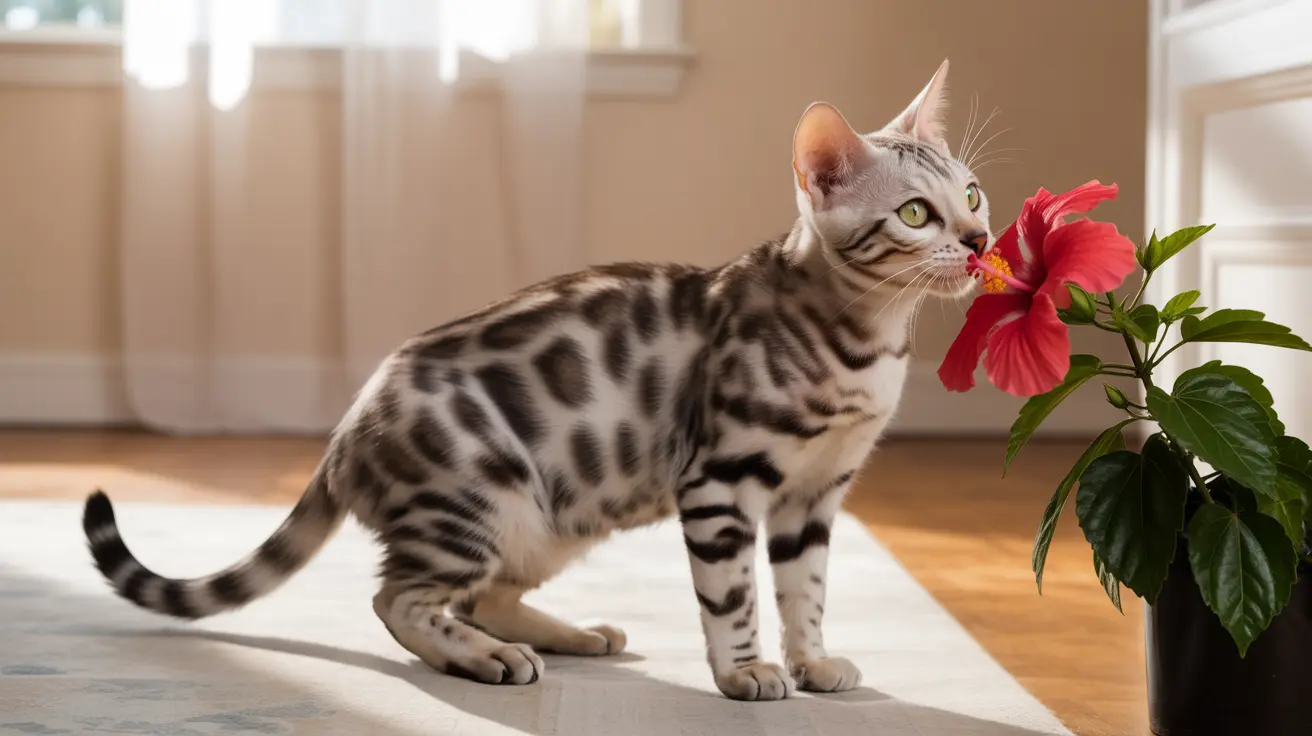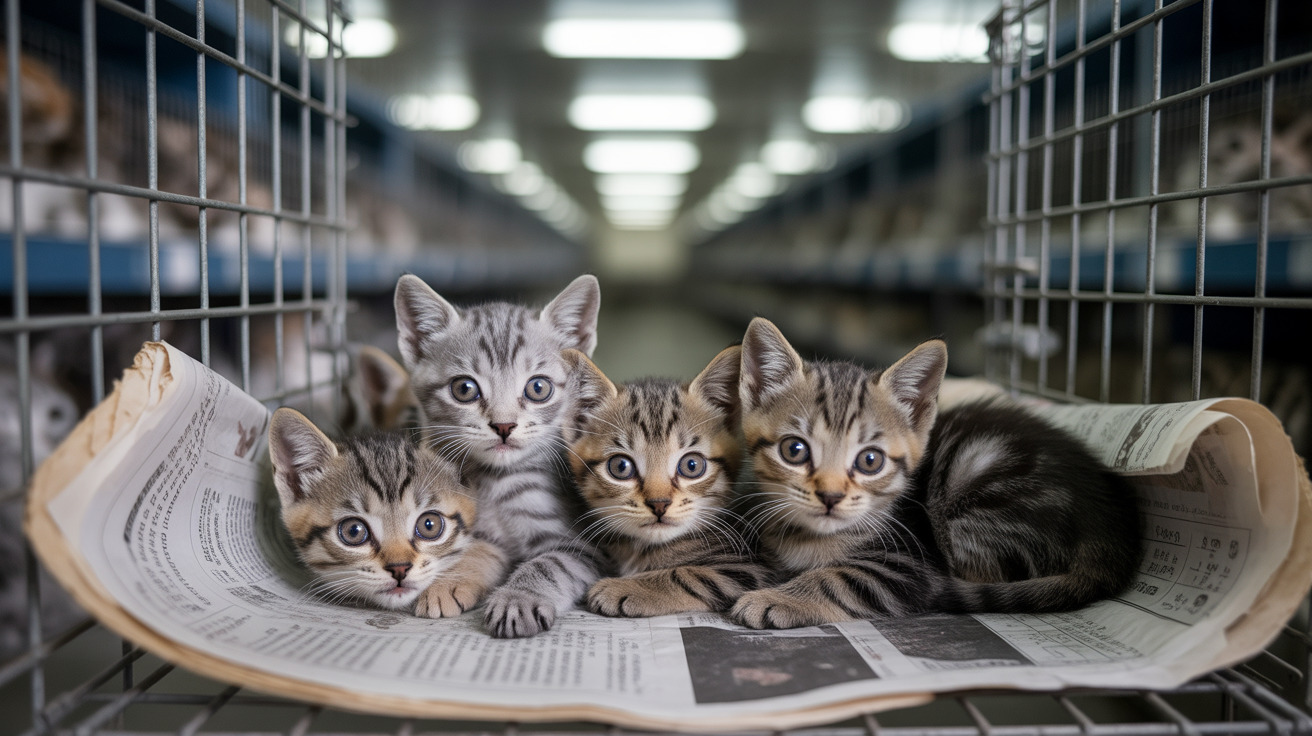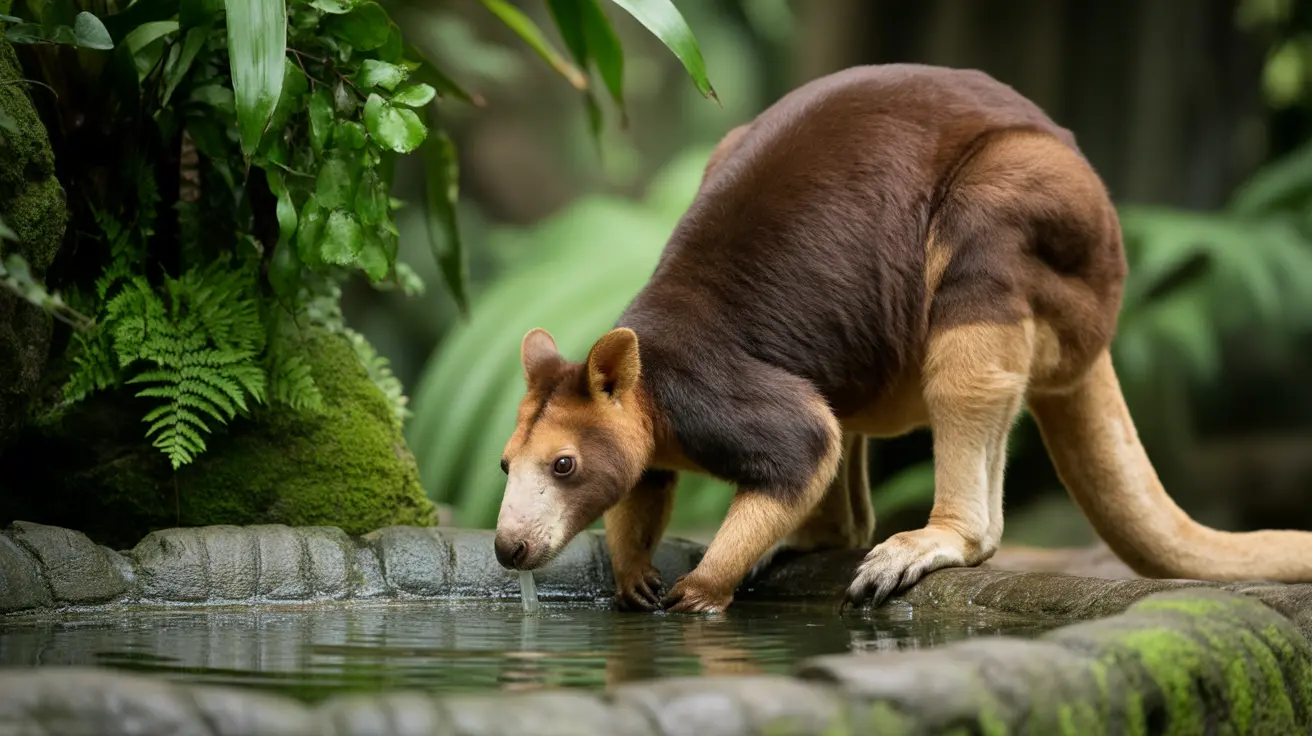As a cat owner, understanding which plants are safe for your feline friend is crucial for maintaining a pet-friendly home. Hibiscus plants, with their vibrant and exotic blooms, are popular choices for both indoor and outdoor decoration. But what about their safety when it comes to our curious cats?
Let's explore the relationship between cats and hibiscus plants, examining their toxicity levels, potential risks, and what you need to know to keep your feline companion safe.
Understanding Hibiscus Toxicity in Cats
The good news is that most common hibiscus varieties, including the widely popular Hibiscus rosa-sinensis, are not considered toxic to cats according to the ASPCA. These plants generally don't contain compounds that could cause serious harm to your feline friend if ingested.
However, there's an important exception to note: the Rose of Sharon (Hibiscus syriacus) variety has been known to cause mild digestive issues in some cats. While not severely toxic, this particular species deserves extra attention if you have cats in your household.
Potential Symptoms to Watch For
While most hibiscus varieties are safe, cats who consume large quantities of any plant material might experience some digestive upset. Here are the potential symptoms to monitor:
- Mild stomach upset
- Temporary loss of appetite
- Occasional vomiting
- Soft stools or diarrhea
- Slight lethargy
The Rose of Sharon Exception
If your cat has eaten Rose of Sharon hibiscus specifically, they may experience more pronounced symptoms:
- More frequent vomiting
- Persistent diarrhea
- Decreased energy levels
- Reduced appetite
- Mild dehydration
Prevention and Safety Measures
Even though hibiscus plants are generally safe, it's wise to take precautions to prevent your cat from making a habit of nibbling on any houseplants:
- Place plants in areas cats can't easily access
- Use natural deterrent sprays around plants
- Provide cat grass as a safe alternative
- Consider hanging planters for hibiscus
- Monitor your cat's behavior around new plants
What to Do If Your Cat Eats Hibiscus
If you catch your cat eating hibiscus or notice any unusual symptoms:
- Remove any plant material from their mouth
- Monitor their behavior closely
- Ensure fresh water is always available
- Contact your veterinarian if symptoms persist or worsen
- Keep track of how much plant material was consumed
Frequently Asked Questions
Are hibiscus plants safe for cats to chew or eat?
Most hibiscus varieties are safe for cats, though it's best to discourage plant-eating behavior. The common garden hibiscus (Hibiscus rosa-sinensis) is non-toxic and unlikely to cause serious issues.
Can hibiscus cause any digestive issues or poisoning in cats?
While true poisoning is rare, some cats might experience mild digestive upset if they consume large amounts of hibiscus. These symptoms are usually temporary and self-resolving.
Is the Rose of Sharon hibiscus variety toxic to cats?
The Rose of Sharon (Hibiscus syriacus) can cause more noticeable digestive issues in cats compared to other hibiscus varieties. While not severely toxic, it's best to keep cats away from this specific type.
What symptoms should I watch for if my cat eats hibiscus?
Monitor for vomiting, diarrhea, decreased appetite, and lethargy. Most symptoms are mild, but contact your veterinarian if they persist or worsen.
How can I prevent my cat from nibbling on hibiscus or other houseplants?
Use deterrent sprays, provide alternative plants like cat grass, place plants out of reach, and consider using hanging planters or enclosed plant areas.
Remember, while hibiscus plants are generally safe for homes with cats, it's always best to monitor your pet's interaction with any houseplants and consult your veterinarian if you have specific concerns about your cat's plant-eating behavior.






